EERA Blog
European Educational
Research Association
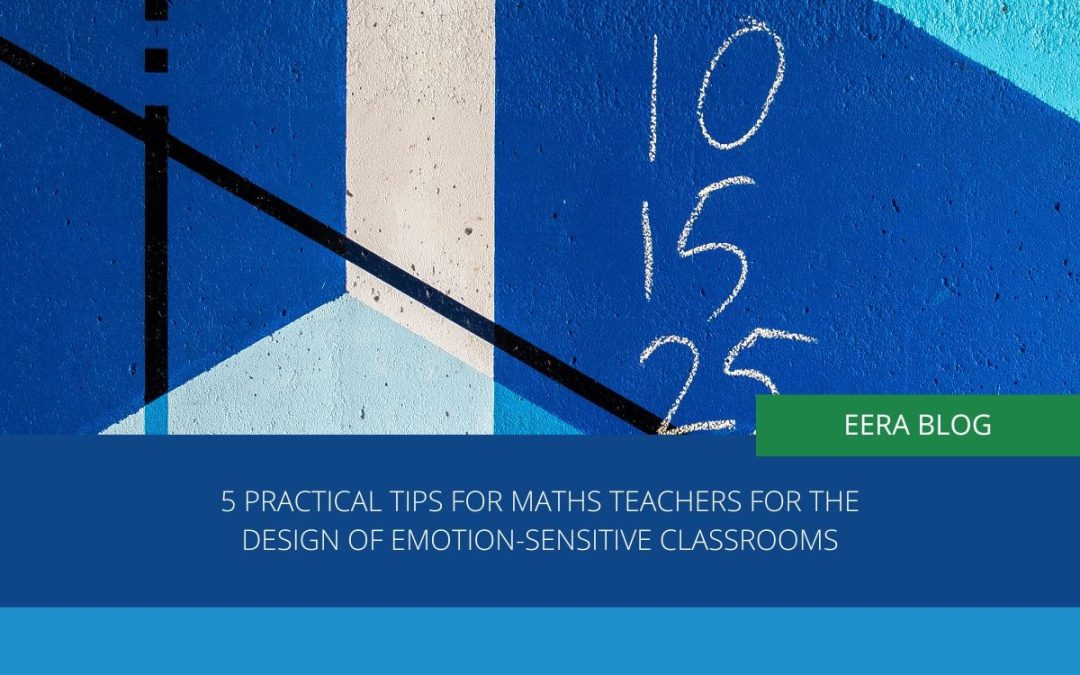
5 practical tips for maths teachers for the design of emotion-sensitive classrooms
Teachers should design authentic learning environments in which students are provided with learning opportunities to apply their knowledge and skills in different disciplines and real life, argues Dr. Başak Çalık.
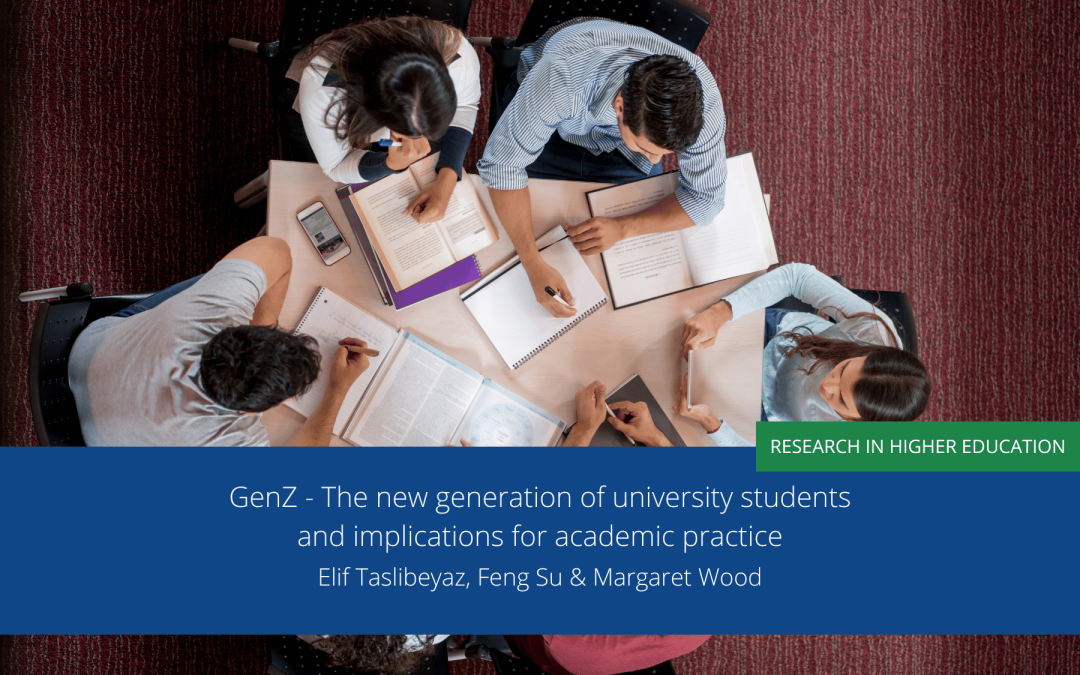
GenZ – the new generation of university students and implications for academic practice
To meet the expectations of GenZ university students, universities must go beyond the stereotypes and provide support for a range of learning needs.
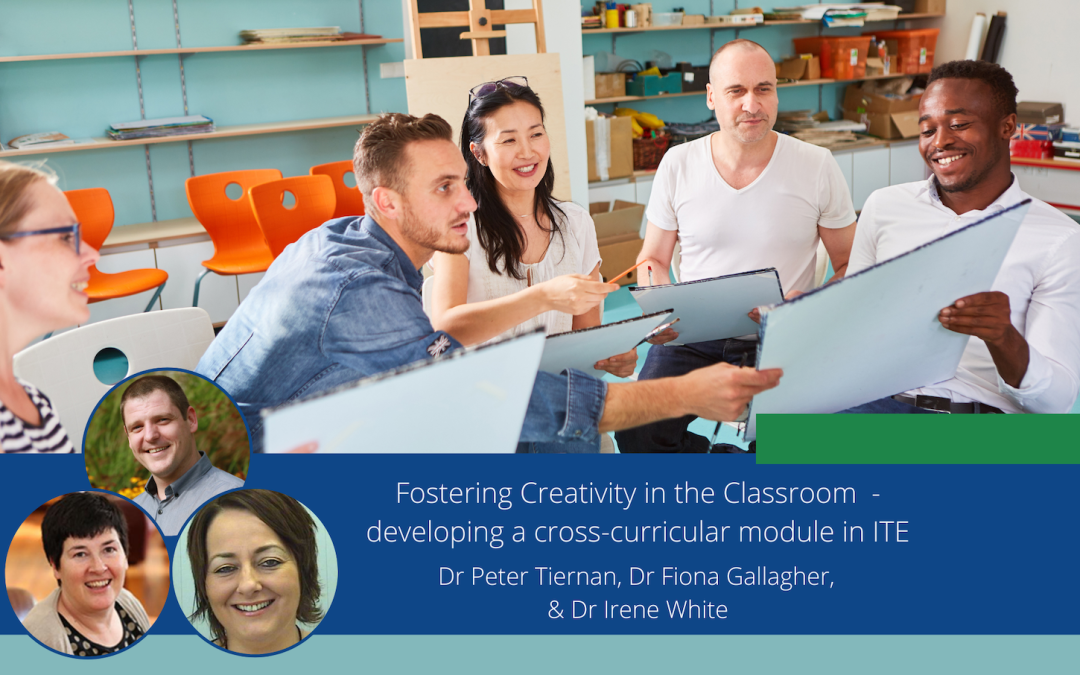
Fostering Creativity in the Classroom – developing a cross-curricular module in ITE
Dr Tiernan on fostering creativity in the classroom with a multidisplinary approach, including digital learning, drama, and linguistic responsiveness.
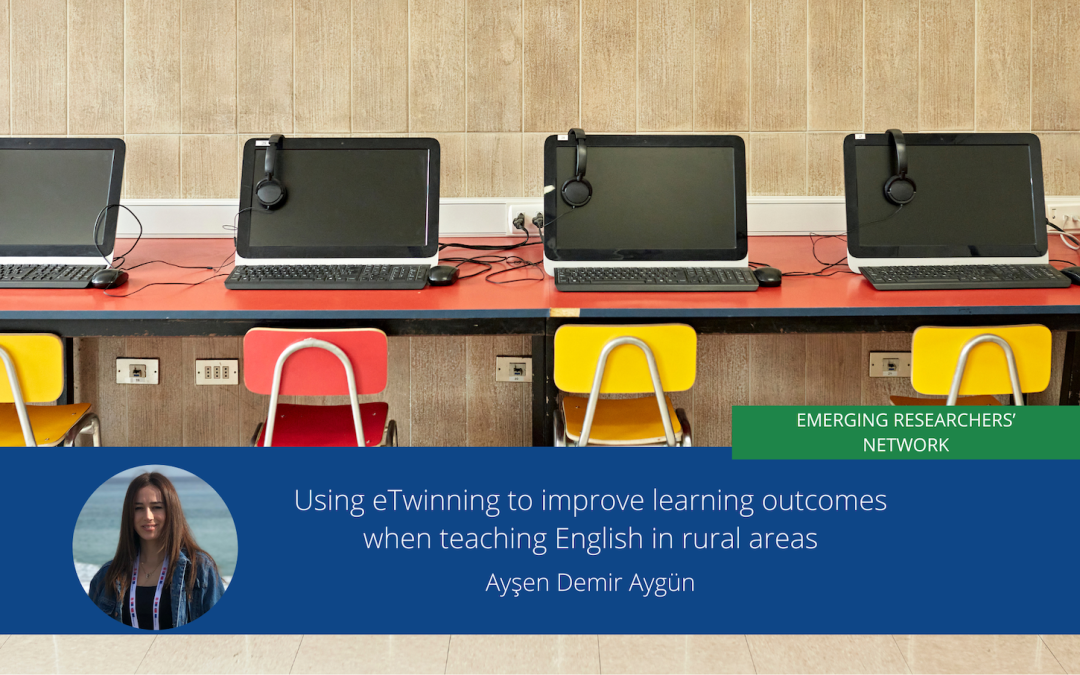
Using eTwinning to improve learning outcomes when teaching English in rural areas
eTwinning offers students in remote areas the opportunity to socialise and make friends throughout Europe, and provides them with an opportunity to practice their English skills while developing ICT skills. For teachers, eTwinning can lead to a cooperative learning and working experience with other European teachers on a range of subjects.
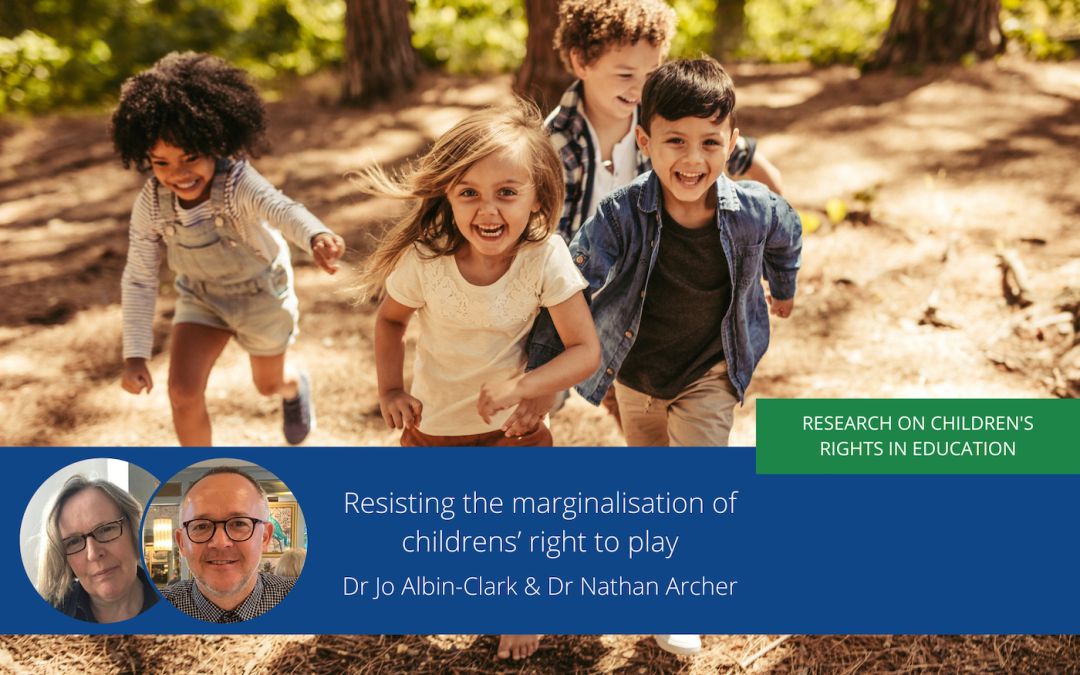
Resisting the marginalisation of children’s right to play
Play has an essential role in children’s educational lives and matters to their childhood. Play and educational justice are related concepts, and there are both implications and risks in marginalising children’s right to play.
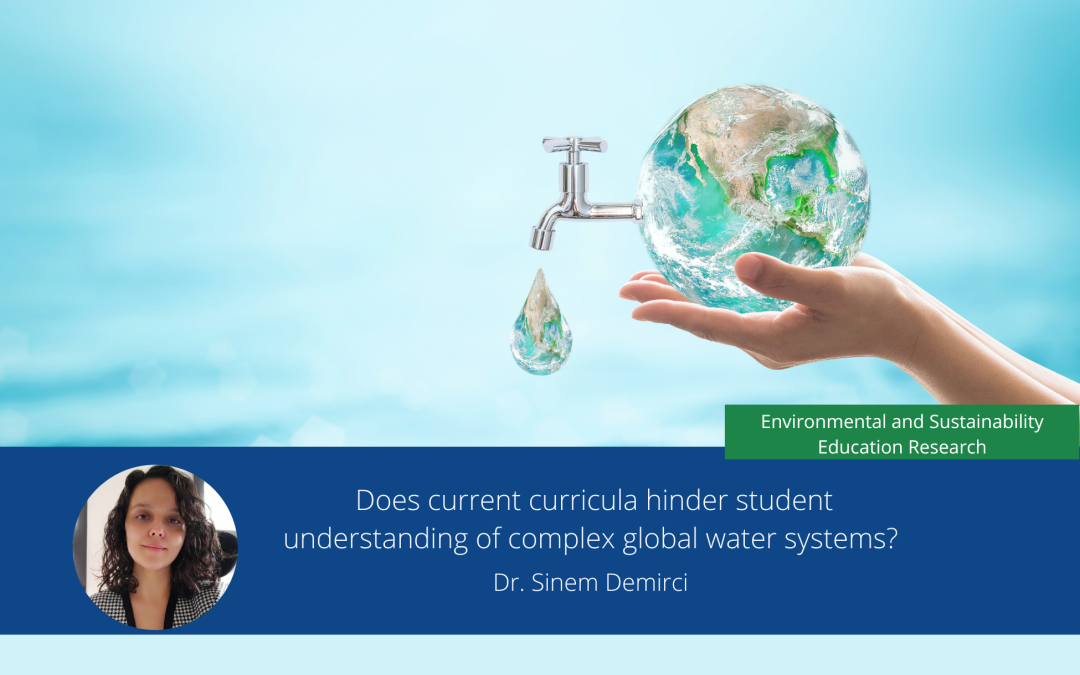
Do current curricula hinder student understanding of complex global water systems?
Students may struggle to grasp the dynamic and complex interactions among (in)direct water use, local, and global water issues. We are failing to teach young people how water systems work, how we engage and affect those systems, and how we ensure the sustainability of these systems, argues Dr Sinem Demirci
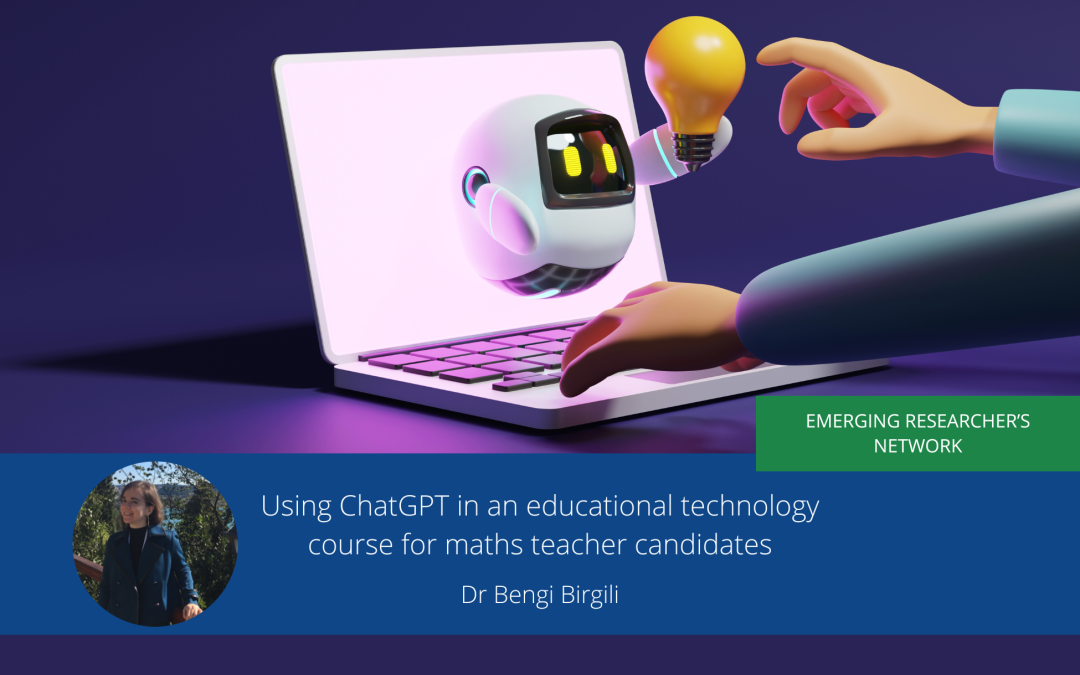
Using ChatGPT in an educational technology course for maths teacher candidates
Teacher candidates can benefit from ChatGPT when used for the right purposes, but students should be aware of the limitations of AI tools and the importance of verifying the information provided with other sources.
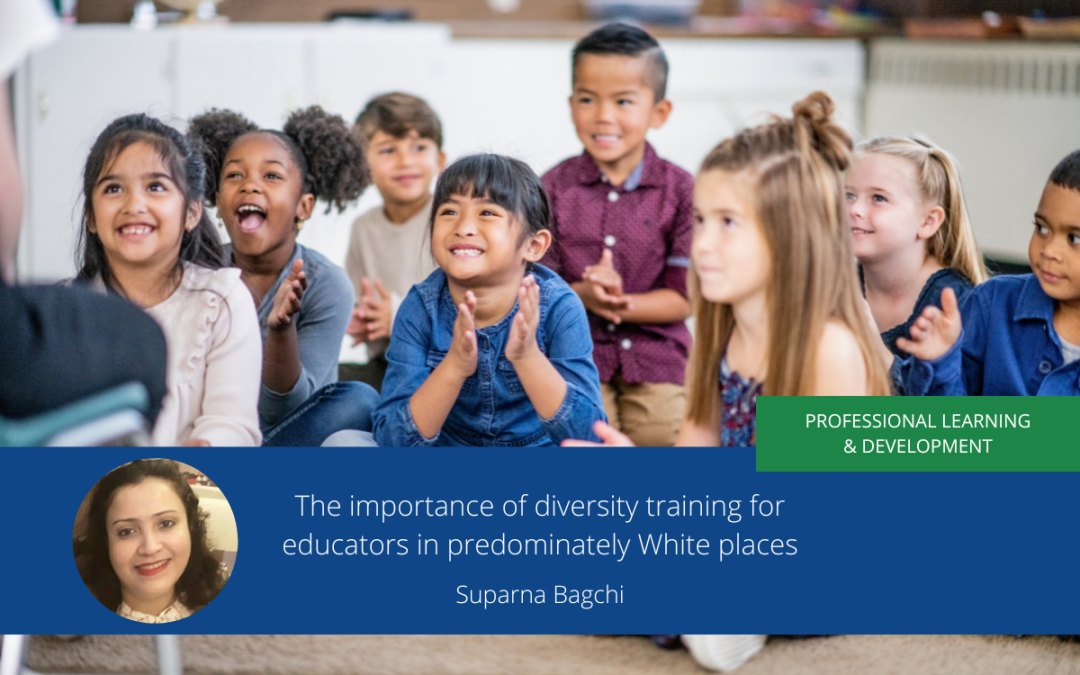
The importance of diversity training for educators in predominately white places
There is often a misconception that only schools with high ethnic minority populations or those situated in multicultural places need multicultural awareness. These topics are equally important in predominantly White places in Britain, and school curriculum and atmosphere need to offer race-sensitive multicultural reflection, while practitioners need training and preparedness to equip them with relevant knowledge, skills, and confidence.
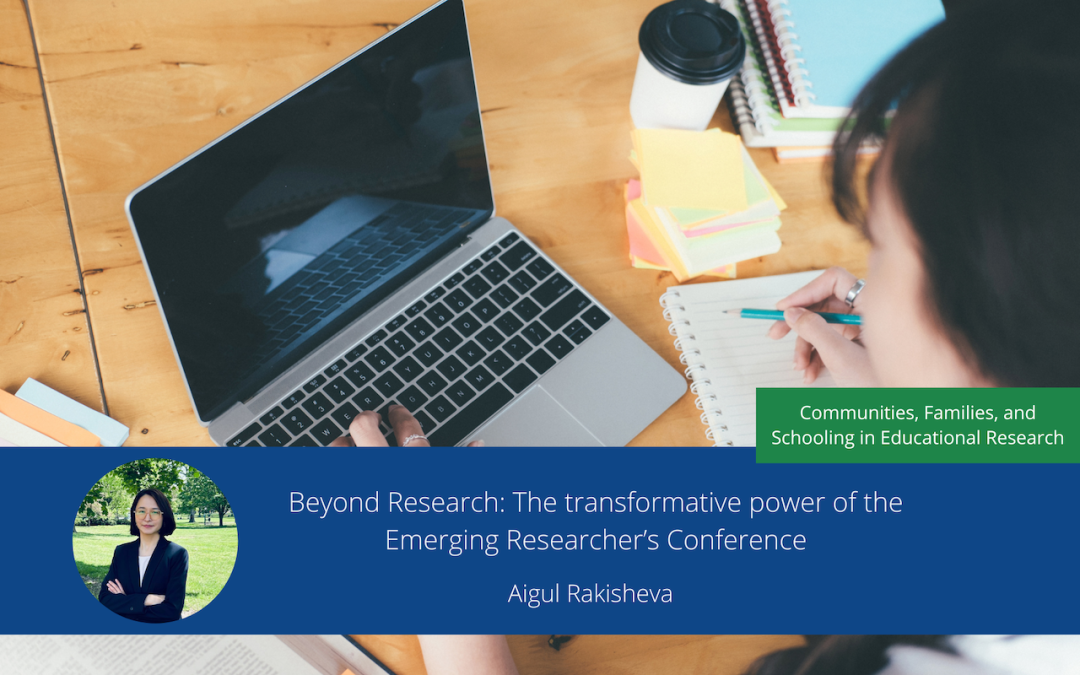
Beyond Research: The transformative power of the Emerging Researcher’s Conference
Engaging with ERGs/ERCs provides valuable networking and collaborative opportunities with fellow researchers and education experts, says 2022 Best Paper Award winner Aigul Rakisheva.
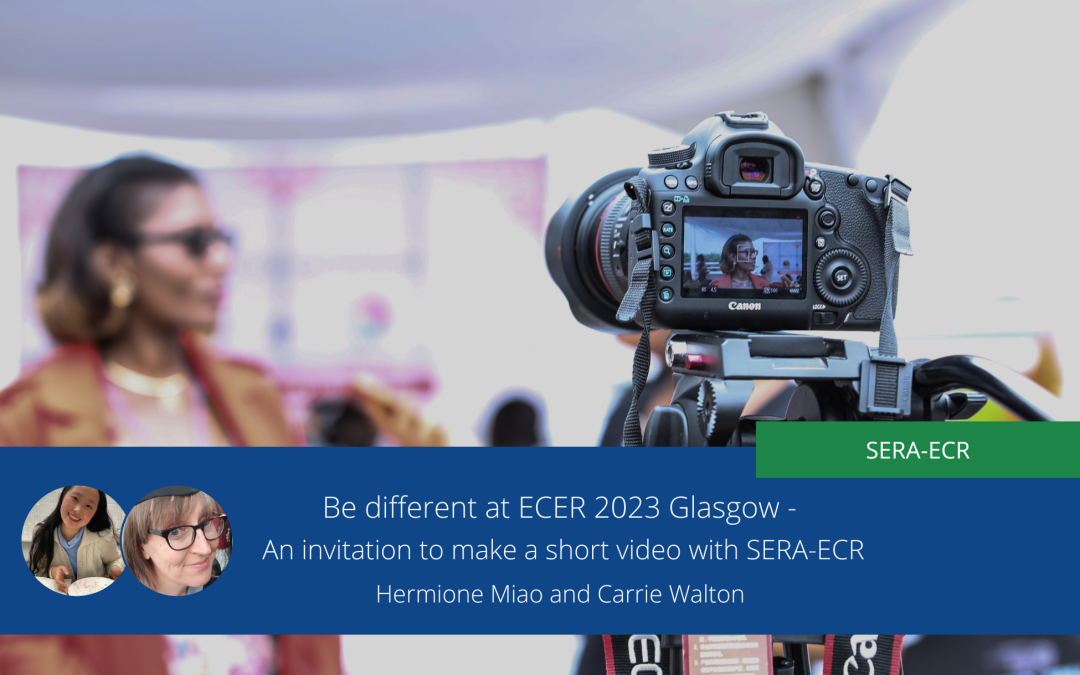
Be different at ECER 2023 Glasgow with SERA-ECR
The Scottish Educational Research Association Early Career Researchers (SERA-ECR) invites attendees of ECER in Glasgow to participate in a fun and thought-provoking video series.
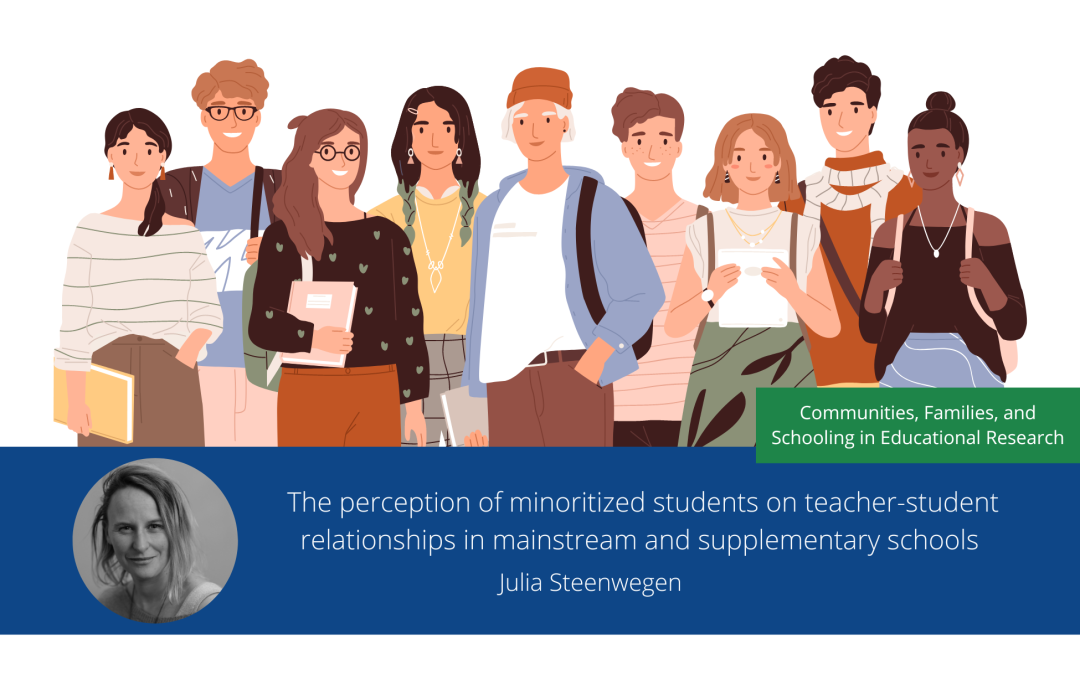
The perceptions of minoritized pupils on student-teacher relationships
Supplementary schools pose an interesting vantage point from which to study the perspectives of minoritized pupils. For example, pupils describe that they feel better emotionally supported by their teachers in the mainstream school when they show an interest and open attitude towards their ethno-cultural background.
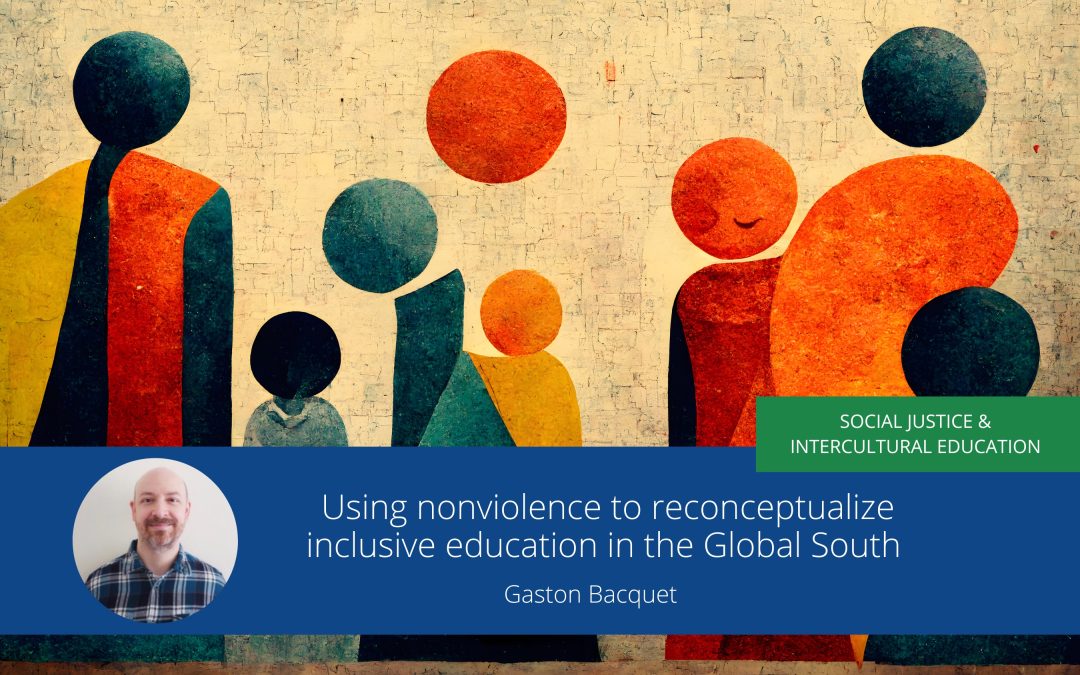
Using nonviolence to reconceptualize inclusive education in the Global South
My doctoral research has been exploring how developing a philosophy of nonviolence can help offset discrimination and exclusion in Chile, a country that has attempted to tackle the issue of inclusiveness through a Global North narrative that has focused primarily on disability and special needs. This blog post explores how nonviolence education can promote a sense of equality and inclusion not purely from such perspective, as has been the norm for the last two decades, but from one anchored in an understanding of cultural, economic, sexual, and ethnic diversity.Previous assumptions on inclusivityThe very nature of my research project has inclusiveness at its core; not exclusively as a...
Write for the EERA Blog
If you’d like to contribute to the EERA blog, take a look at our Submission Guidelines to find out how to successfully pitch a blog post to our Editorial Team. Then send us a quick email to blog-mail@eera.eu
We look forward to hearing from you
